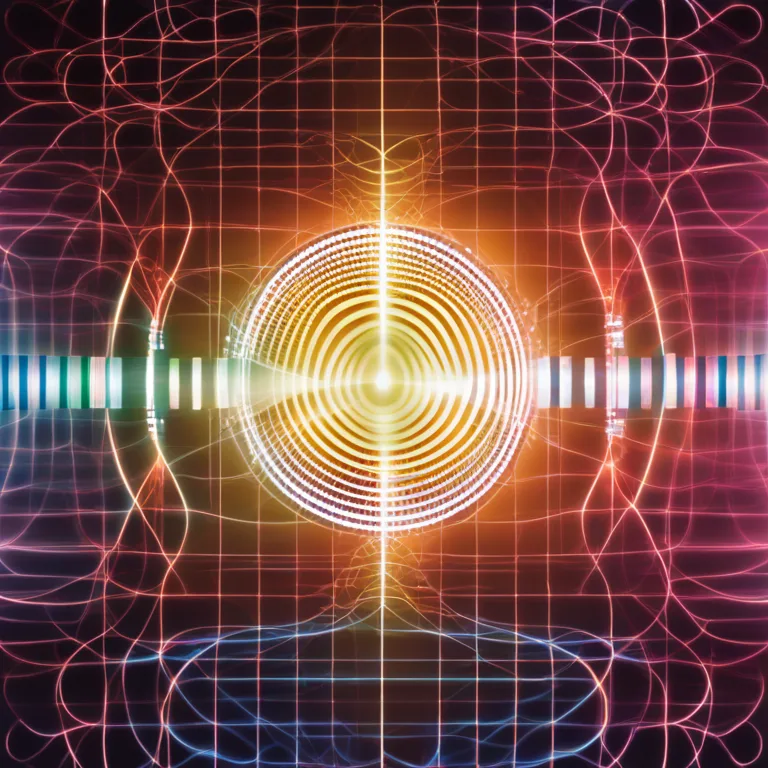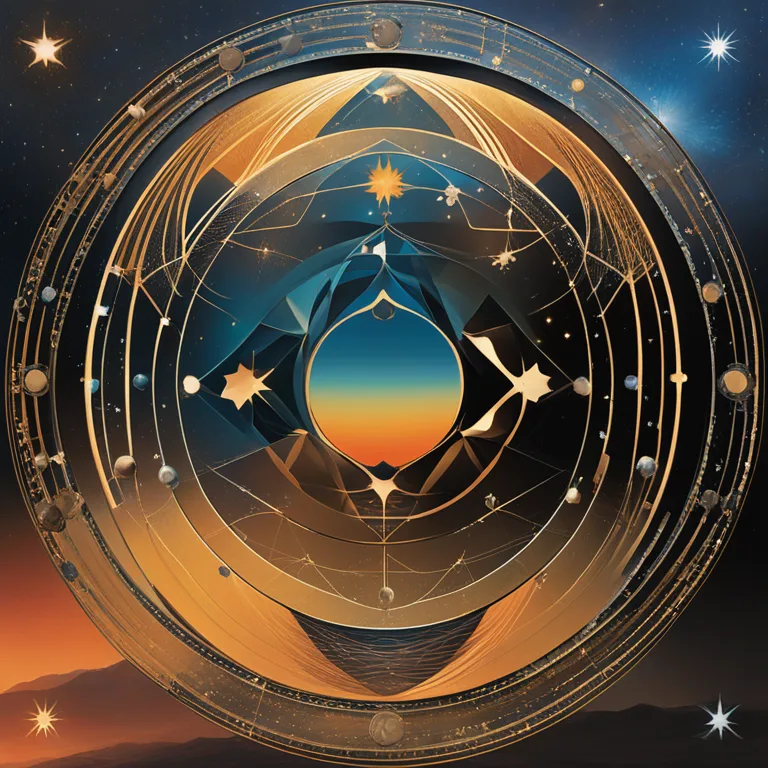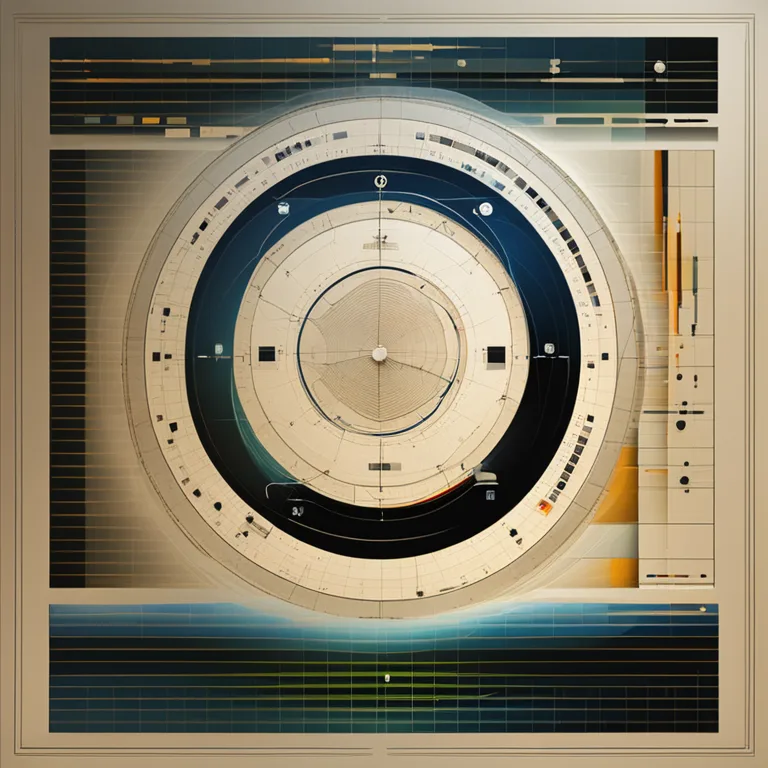
The Accuracy of Biorhythm Compatibility
Delve into the science and skepticism around using biorhythms to evaluate relationship compatibility.
article by Adrian Wallace
Celestial Cycles and Synchronicity
In the vast expanse of human interaction, one of the perpetual quests is the search for harmony in relationships. Dating back to the early 20th century, biorhythms have been studied as a potential key to unlocking this harmony. Biorhythms are believed to be the invisible life cycles that govern our physical, emotional, and intellectual well-being. Proponents of biorhythm compatibility theories suggest that by aligning and comparing these cycles, one can predict periods of synergy and discord within relationships, often with the expectation of improving mutual understanding and connection.

A Modern View on Ancient Theories
The science of biorhythms has evolved, yet it remains steeped in controversy. Traditional methods of calculating biorhythms are now complemented by advanced algorithms and user-friendly interfaces on websites and apps, making personal and compatibility readings more accessible than ever in 2024. While some users swear by the accuracy of biorhythmic analysis in fortifying bonds with partners, critics argue that such measures are no more reliable than chance. Given the subjective nature of interpreting high and low cycles, examining the accuracy of biorhythm compatibility requires a scrutinizing lens.

Measuring Compatibility: A Reality Check
Biorhythm compatibility is premised on the belief that individuals experience matched cycles of high and low energy. These cycles presumably influence one's capacity for love, communication, and collaboration. However, the academic community has been reluctant to endorse biorhythms as scientifically valid. Statisticians and psychologists alike point to the lack of empirical evidence and suggest that confirmation bias may play a significant role in any perceived accuracy.

The Placebo Effect and Biorhythms
The efficacy of biorhythm compatibility often clashes with the placebo effect. People may believe that their improved relationship dynamics are due to the synchronization of biorhythms, whereas the very belief in the process may be what fosters the positivity. Therein lies the question: is it the actual cycles influencing behavior or the power of belief shaping the experience? Personal testimonials may convey profound revelations, but without scientific substantiation, these remain anecdotal.

Does Context Influence Compatibility?
Contextual factors play an undeniably critical role when considering biorhythm compatibility. Personal circumstances, life stressors, and individual differences govern interaction dynamics far more concretely than calculated cycles might suggest. The tapestry of a relationship is woven from threads much more complex than can be measured by simple physiological and psychological rhythms.
The Verdict on Biorhythm Compatibility
Given the fascination with and continued use of biorhythm analyses, it is unlikely that enthusiasm will wane anytime soon. Despite its criticized plausibility, the practice still finds a place among those seeking to understand the cosmic influences on their lives and relationships. The accuracy of biorhythm compatibility remains a matter of personal belief rather than scientific fact. People may find it helpful as a reflective tool rather than a predictive one, potentially contributing to a deeper self-awareness and interpersonal exploration.
Published: 12/28/2023
Modified: 12/28/2023
More predictions
Come back here soon to learn more about yourself and your future


Biorhythm Compatibility & Birthdays
Discover the intriguing connection between your birthday biorhythms and relationship harmony in our insightful article.


Exploring Human Biorhythmic Cycles
Explore the fascinating concept of biorhythms and their influence on physical, emotional, and intellectual faculties in humans.


Biorhythms In Humans Explored
Exploring the concept of biorhythms and their influence on human behavior and physical states.